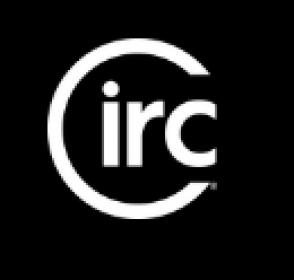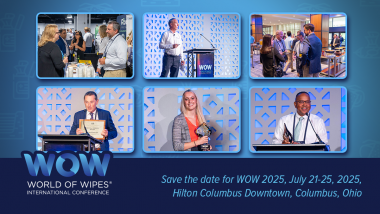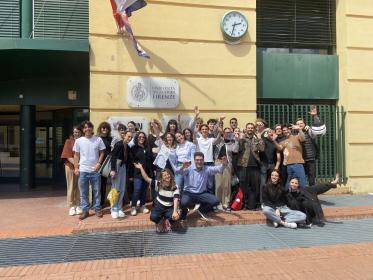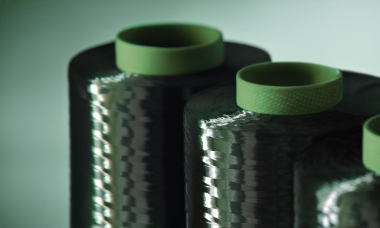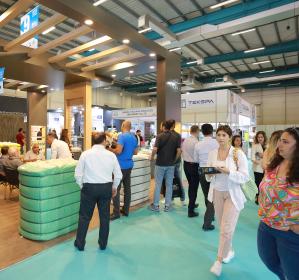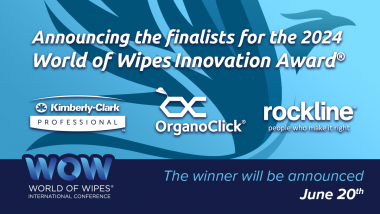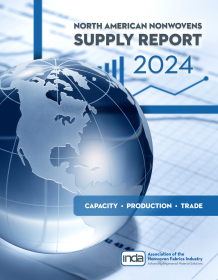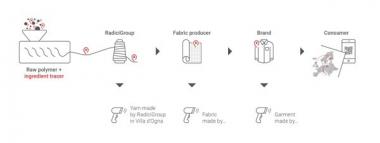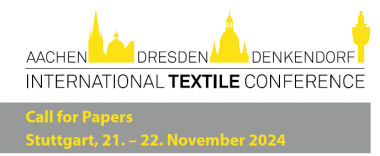Coloreel Group AB files for bankruptcy
Coloreel Group AB, a pioneering Swedish technology company known for its instant thread dyeing technology, today announced that it has filed for bankruptcy. The decision comes after the company's inability to develop its business volume quickly enough and, related to this, secure the necessary financing.
Despite many in-depth discussions with financial investors and potential industrial partners to secure additional funding, Coloreel has been unable to overcome its financial hurdles.
Coloreel has aimed to transform the textile industry with unique coloring and design possibilities through a sustainable and efficient thread dyeing process. The company has over 90 customers in the global market, many of them well-known brands. Over 120 granted patents across 45 markets ensure robust protection of the innovative technology.
"It is with a heavy heart that we announce the filing for bankruptcy today. We have been working very hard to introduce a new technology and new ways of working on the global textile market. Despite relentless efforts to grow the business, minimize operational costs, and secure additional funding, the challenges are too great. The board and the management are incredibly proud of what our team has achieved, and we are grateful for the support we have received from our partners, customers, and investors”, states Anders Persson, Chairman of the Board, Coloreel Group AB.
The filing also applies for the daughter company Coloreel AB.
Coloreel








